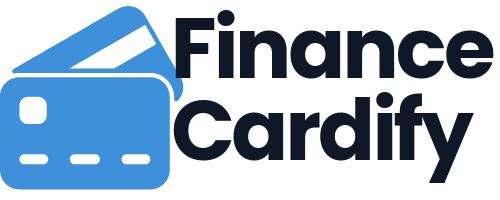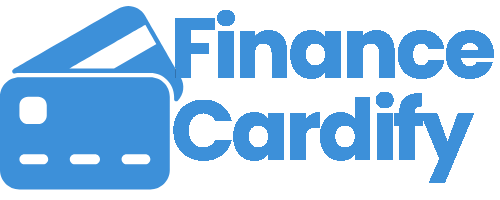Young adulthood is a pivotal time for developing financial habits that can shape one’s future. Learning how to control spending early on is essential for achieving long-term financial stability and success. This guide offers practical financial education tips for young adults, focusing on how to manage and control spending effectively. We’ll explore various strategies and tools that can help young adults navigate their financial journey, and conclude with a FAQ section to address common queries.
Understanding Your Financial Situation
Assessment and Tracking
Before you can control your spending, you need to fully understand where your money is going. This involves tracking your daily expenses and categorizing them to identify areas where you might be overspending.
Tips for Effective Tracking:
- Use Budgeting Apps: Apps like Mint, YNAB (You Need A Budget), or PocketGuard can help automate the tracking process.
- Maintain a Spending Journal: For those who prefer a hands-on approach, keeping a daily journal of expenditures can be enlightening.
Keywords: budgeting apps, spending journal, track expenses
Creating a Realistic Budget
A budget is an essential tool for managing your finances. It gives you a clear picture of how much money you can spend each month without compromising your financial goals.
Steps to Create a Budget:
- Calculate Your Income: Include all sources of income to have a clear picture of your monthly earnings.
- List Your Expenses: Break them down into fixed (rent, utilities, subscriptions) and variable (eating out, entertainment) categories.
- Set Spending Limits: Allocate specific amounts for each category and stick to them.
Keywords: creating a budget, budget categories, setting spending limits
Prioritizing Expenses
Understanding the difference between wants and needs is crucial for controlling spending. Prioritizing expenses ensures that you cover your basic needs before spending on non-essentials.
How to Prioritize:
- Essentials First: Always allocate funds for necessities like housing, food, and transportation.
- Savings Second: Treat savings as a non-negotiable expense. Aim to save at least 10% of your income.
- Luxuries Last: Limit discretionary spending on things like dining out, gadgets, and leisure.
Keywords: prioritizing expenses, essential vs. non-essential spending, savings tips
Utilizing Financial Tools and Resources
Leverage technology and other resources to help manage your finances more effectively.
Useful Tools:
- Financial Planning Software: Tools like Quicken or Microsoft Money provide comprehensive financial management platforms.
- Online Financial Courses: Websites like Coursera and Khan Academy offer free courses on personal finance.
- Expense Trackers: These tools can alert you when you’re about to exceed your budgeted amount for a category.
Keywords: financial planning software, online financial education, expense trackers
Avoiding Common Financial Pitfalls
Young adults are often prone to certain financial mistakes. Being aware of these can help you avoid them.
Common Pitfalls:
- Credit Card Debt: Avoid carrying a balance on credit cards to prevent high interest charges.
- Impulse Purchases: Wait 24-48 hours before making significant purchases to avoid buyer’s remorse.
- Living Beyond Your Means: Adjust your lifestyle to your income, not the other way around.
Keywords: avoiding credit card debt, controlling impulse spending, living within means
Setting Financial Goals
Having clear financial goals can motivate you to control your spending and save money.
Goal-Setting Tips:
- Short-Term Goals: Could be saving for a vacation, buying a new laptop, or creating an emergency fund.
- Long-Term Goals: Such as saving for a down payment on a home or investing for retirement.
- Review and Adjust: Regularly review your goals and progress. Adjust your spending as needed to stay on track.
Keywords: setting financial goals, saving for the future, financial goal-setting strategies
Frequently Asked Questions (FAQ)
How much of my income should I allocate to savings?
A1: A general rule of thumb is to save at least 20% of your income. However, depending on your financial goals and obligations, this percentage might vary.
What should I do if I consistently exceed my budget?
A2: First, review your budget to ensure it’s realistic and reflects your current financial situation. Consider using tools like spending trackers to pinpoint where you’re overstepping. Adjust your spending habits or budget categories accordingly.
Is it okay to use credit cards for everyday purchases?
A3: Yes, using credit cards can be beneficial for tracking spending and earning rewards, as long as you pay off the balance in full each month to avoid interest charges.


